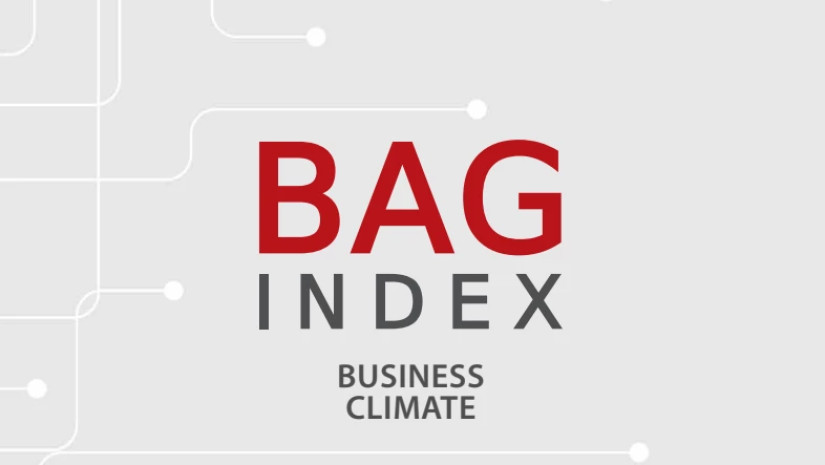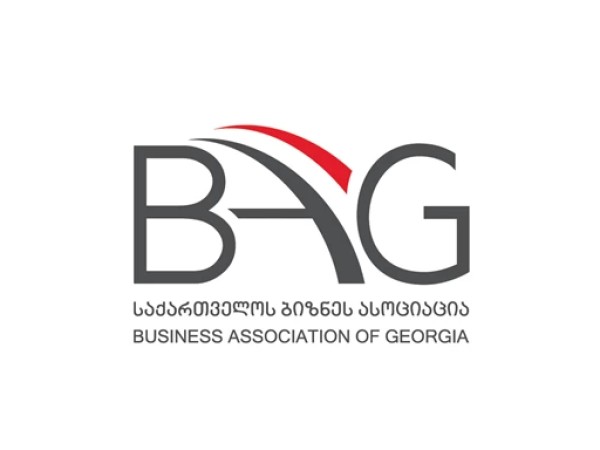The Georgian Business Association published a report on Business Climate in Georgia. As of the report, 67% of surveyed respondents stated that there were obstacles to their business activities.
In Q2 of 2022, compared to Q1 of 2022, the share of surveyed companies to claim there are factors hindering their business activity increased by 5 percentage points. It must be noted that, in Q2 of 2022, compared to Q2 of 2021, the share of companies claiming that there are factors hindering their business activity decreased markedly by 10 percentage points.
In Q2 of 2022, the following five factors were emphasized as the most hindering for business activity: volatility of national currency exchange rate, legal and administrative barriers, a lack of specialists, labor shortage, and weak demand for products and services. In Q2 of 2022, similar to the previous four quarters, the volatility of the national currency exchange rate was cited as the top factor hindering business (53% of surveyed companies cited this factor as the most hindering). From a sector-by-sector view, this factor was most frequently pointed out in the construction sector (90%), while it was considered the least hindering for the service sector (40%).
In terms of the size of the enterprise, the volatility of the national currency exchange rate was most cited by medium enterprises as a factor hindering business activity (60% of surveyed medium companies cited this factor as hindering). In Q2 of 2022, legal and administrative barriers was the second-most cited hindering factor (cited by 41% of surveyed companies).
Across the covered sectors, this factor was most frequently pointed out in the construction sector (50% of surveyed companies in this sector cited this factor as the most hindering) and was considered the least hindering for the manufacturing sector (22%). Legal and administrative barriers are most hindering for small enterprises (47% of them cited this factor as hindering).
In Q2 of 2022, a lack of specialists was cited as a hindering factor by 36% of surveyed companies. This issue was felt most acutely in the trade (42%), while it was less of a hindrance for the manufacturing sector (22%). A lack of specialists was considered most problematic for large enterprises (cited by 38% of them as a hindering factor).















